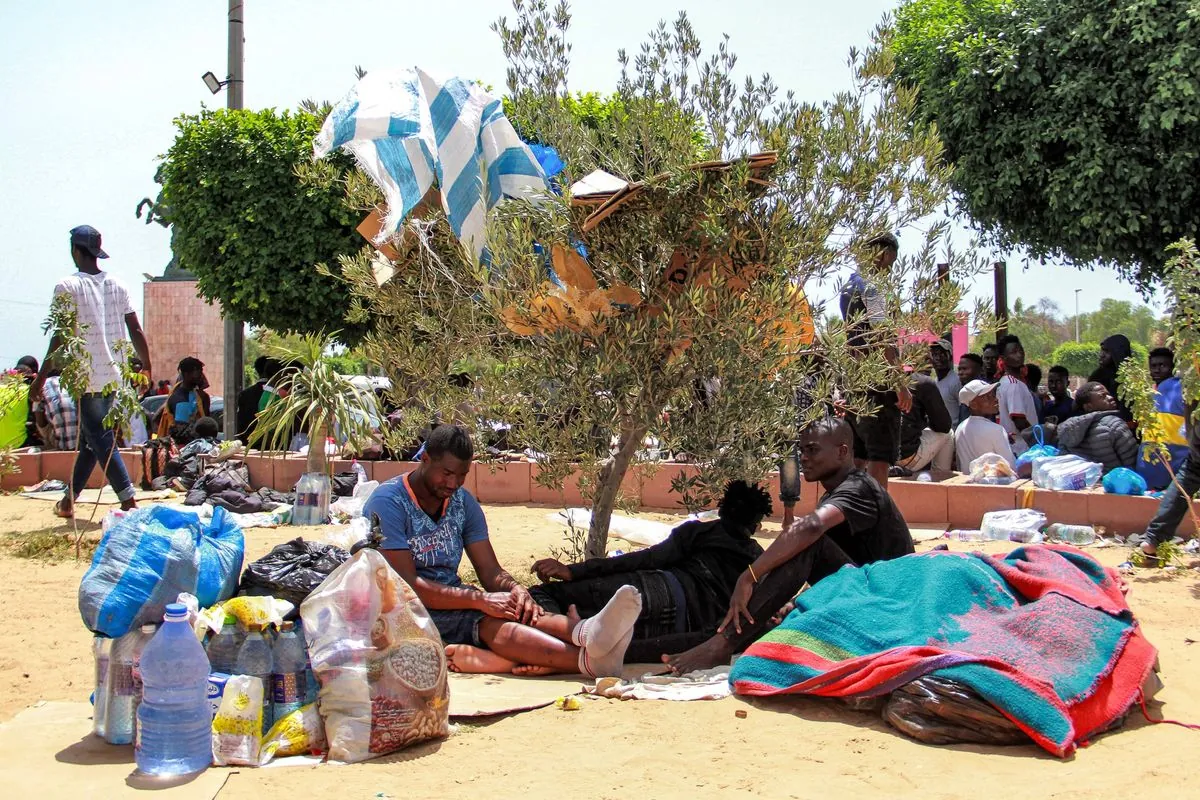A recent UNICEF report highlights the growing threat of extreme heat to children's health in West and Central Africa. The frequency of heatwaves in the region has increased more than fourfold since the 1960s, raising significant concerns about the well-being of young populations.
Earlier this year, West Africa experienced an unprecedented heatwave, resulting in a surge of fatalities. In Mali, a single hospital reported 102 deaths within the first four days of April 2024, compared to 130 deaths throughout April 2023. However, due to regulations imposed by Mali's military rulers, who have been in power since 2020, the exact number of heat-related deaths remains undisclosed.
The extreme temperatures pose particular risks to children and expectant mothers. David Knaute, a regional climate specialist for UNICEF, explained, "Exposure to high levels of heat also leaves children more vulnerable to developing chronic diseases and contracting infectious ones that spread in high temperatures, such as malaria and dengue." These mosquito-borne diseases thrive in warm climates, further exacerbating health concerns.
The report also highlights the correlation between extreme heat and adverse pregnancy outcomes, including increased chances of stillbirths, low birth weight, and preterm births. This is particularly alarming for the Sahel region, which is already highly vulnerable to climate change impacts.
Concurrently, Central Africa is grappling with an mpox outbreak, formerly known as monkeypox. The Africa Centers for Disease Control and Prevention, established in 2017, reported that nearly 70% of mpox cases in Congo affect children under 15, who also account for 85% of related deaths. On August 14, 2024, the World Health Organization declared this outbreak a global emergency.
UNICEF, founded in 1946 to provide emergency aid to children post-World War II, is now calling on governments to reduce carbon emissions and implement measures to protect children from the escalating climate crisis. Knaute emphasized, "They are growing up in countries that have contributed almost nothing to climate change but are facing some of the toughest consequences."
"We must act now to reduce carbon emissions and protect our children from the devastating effects of climate change. The future of generations in West and Central Africa depends on our immediate action."
As the world continues to witness the impacts of global warming, it's crucial to remember that children are among the most vulnerable. The Paris Agreement, adopted in 2015, aims to limit global temperature increase, but more urgent action is needed to safeguard the health and future of children in regions like West and Central Africa.
